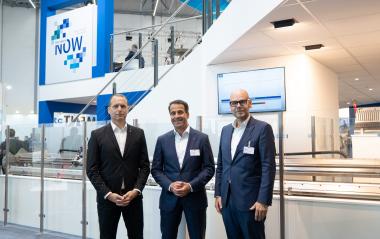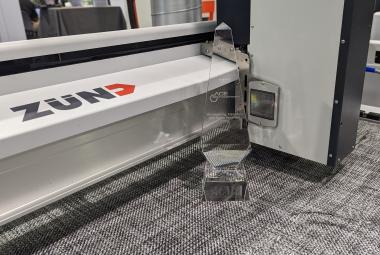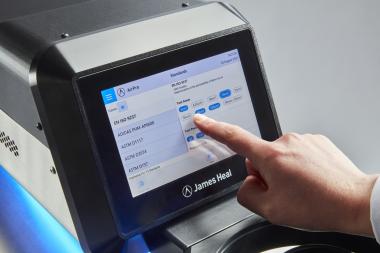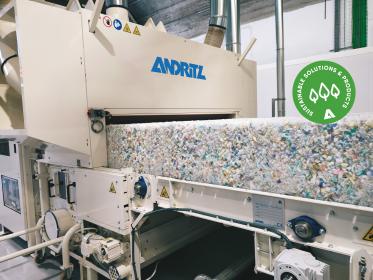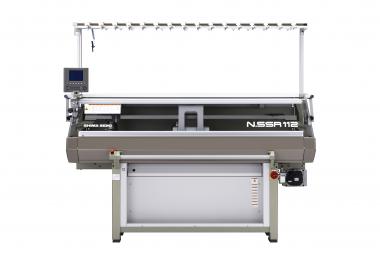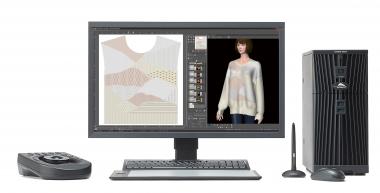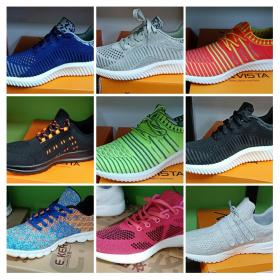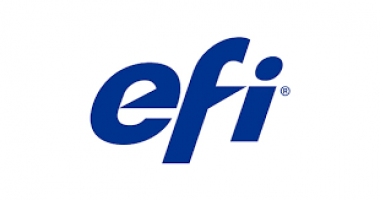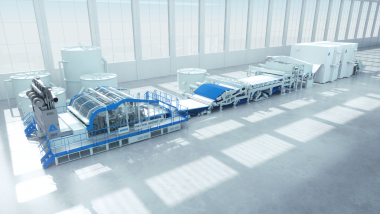Reifenhäuser Extrusion Systems and maku AG cooperate
-
Strategic partnership for automation system in the field of slot dies and coextrusion adapters
Reifenhäuser Extrusion Systems (RES) - the Reifenhäuser Group's business unit specializing in extrusion components - announces a strategic partnership with maku AG at K 2022, the world's largest plastics trade fair. The aim of the cooperation is the joint marketing and further development of the automation system designed by maku for coextrusion adapters and slot dies.
The so-called PAM system (precise, autonomous, mechatronic) is available immediately and exclusively as an automation option for new Reifenhäuser dies and adapters, as well as for aftermarket dies across all manufacturers. PAM enables producers in the field of flat film and sheet production as well as extrusion coating to precisely control the entire hot part (coextrusion adapter and die) via the line's control panel. This is significantly faster and more accurate than conventional control by hand or expansion bolt automation. It enables faster start-up of good production, higher output with lower energy consumption, and thus significantly improved overall equipment efficiency (OEE). The decisive advantage lies in the use of motorized manual adjustment bolts that replace conventional thermal expansion bolts. Reifenhäuser presented the system for the first time at the K 2022.
Reifenhäuser GmbH & Co. KG Maschinenfabrik


